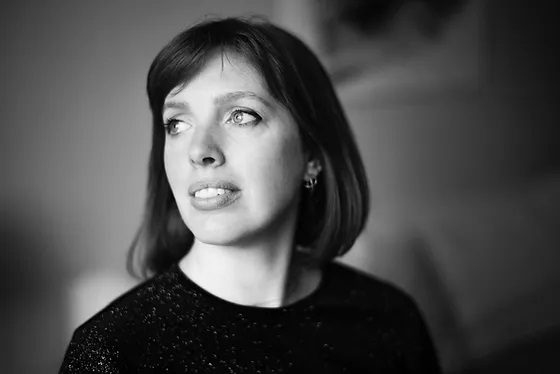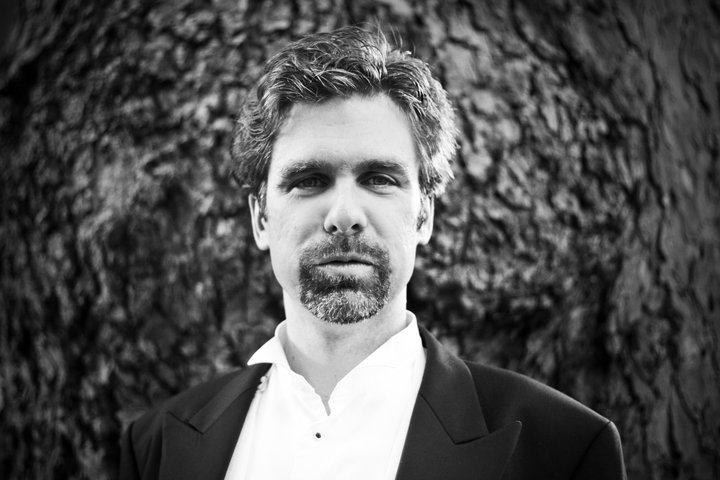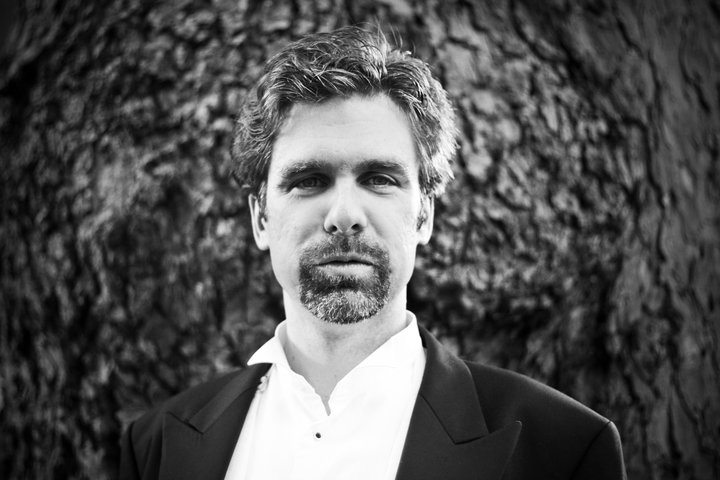
Soprano Elinor Rolfe Johnson
YORK Musical Society has lately developed a love affair with Verdi’s Messa da Requiem. After giving a mere three performances in the 20th century, it has now chalked up four since 2000. Saturday evening showed why.
David Pipe was clearly enjoying his third outing here in this work with a choir numbering 140 voices. He has grown as a conductor with each performance. I cannot remember when this choir has been so riveted to his every gesture.
He also had the orchestra watching him very carefully, with Nicola Rainger as his leader for the last time after 18 notable years in that position. So much for statistics. He also had a first-rate solo quartet at his disposal. Pipe aligned all these talents superbly.
Any choir can sing loudly, but a choral pianissimo can be much more telling: the whispered opening here was just what was needed for atmosphere and the a cappella Te Decet built upon it reverently.
At the other end of the spectrum was the quartet’s strongly pleading Christe, Eleison. Similarly, the Dies Irae began powerfully enough, with truly heraldic trumpets and thunderous off-beat percussion, but much more terrifying was Trevor Eliot Bowes’s bass Mors…Mors, subtly spaced and sotto voce.
Alison Kettlewell declaimed the wide mezzo-soprano span of Liber Scriptus comfortably. After the choral basses had dug into Rex Tremendae with gusto, there was a restrained delicacy to Recordare, involving Kettlewell and the fluent soprano Elinor Rolfe Johnson. They later conjured a nicely controlled Agnus Dei with the chorus in respectful attendance. Peter Davoren’s tenor had opened a touch effortfully, but he trod carefully though the Ingemisco, sustaining a pleasing line.
The soloists blended beautifully in a touching Lacrymosa, with the orchestra rounding off the entire Dies Irae tenderly. The double-choir Sanctus, surely an evocation of heaven, was taken at a brisk pace, which the chorus thoroughly relished.
But they had enough left in the tank for a truly impassioned Libera Me, in which Rolfe Johnson came into her own with marvellous control and yet enough power to gleam at the top. We could only marvel at the majestic grandeur of it all. This was York Musical Society – both choir and orchestra – at the peak of its powers.
Review by Martin Dreyer


